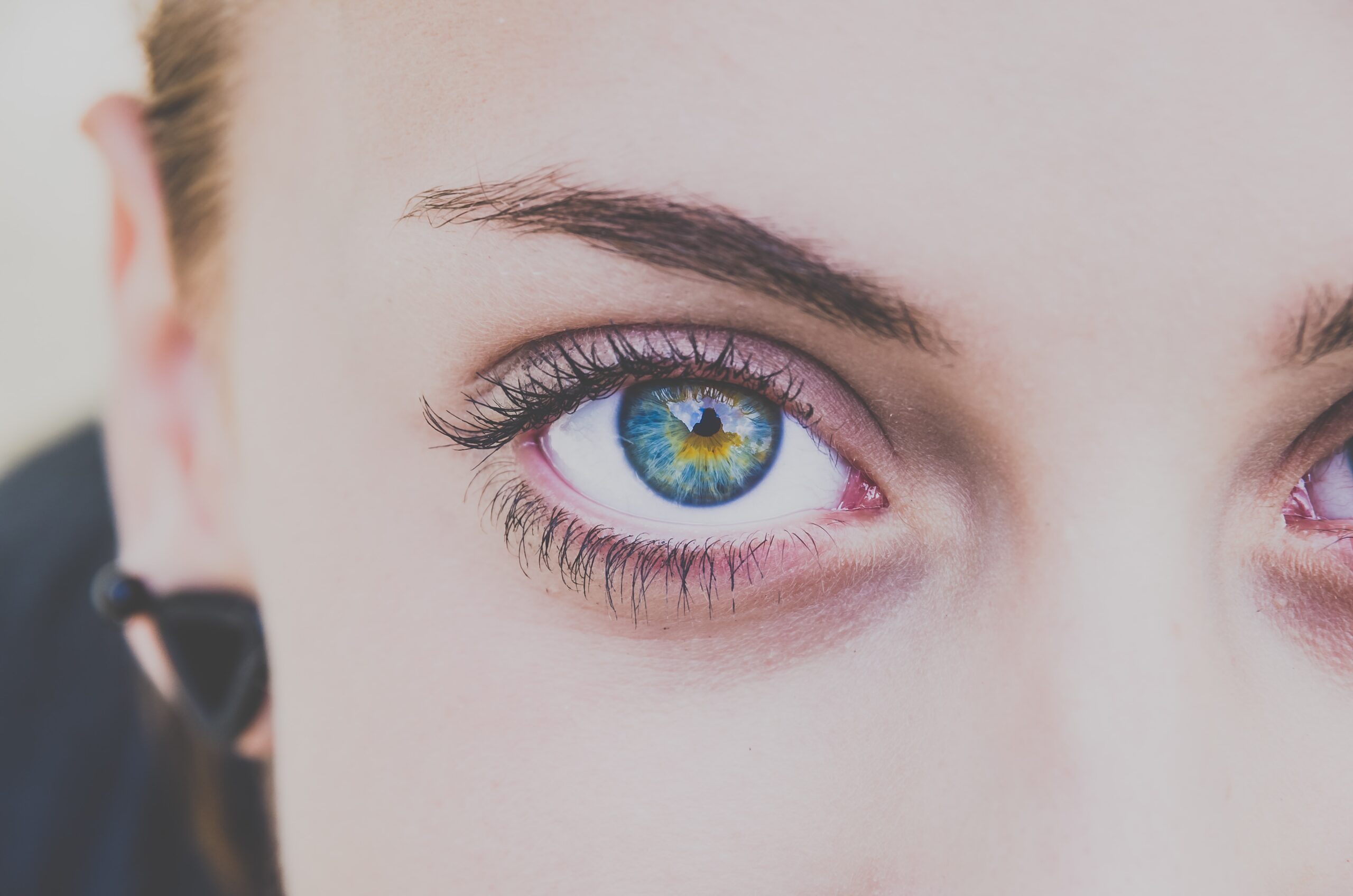Artificial intelligence continues to reshape how we see the world. Quite literally. A recent study published in the Proceedings of the National Academy of Sciences reveals that AI-synthesized faces, or Deepfakes, are not only indistinguishable from real human faces but are often rated as slightly more trustworthy. The findings carry profound implications for security, ethics, marketing, and the future of digital interaction.
TL;DR
- A study finds AI-synthesized faces are indistinguishable from real ones.
- People rate them as more trustworthy than actual human faces.
- Detection accuracy, even with training, remains low (just 59%).
- Risks: deepfakes and misinformation.
- Opportunities: marketing, synthetic brand ambassadors, and metaverse applications.
The Study: Three Experiments, One Striking Conclusion on Deepfakes
The research team, led by experts including Hany Farid of UC Berkeley, designed three experiments involving over 750 participants. Their goal was to measure human ability to detect deepfakes and assess perceived trustworthiness.
Experiment 1: Human Detection Fails the Test
315 participants were shown 128 faces randomly selected from a set of 800, half real and half AI-synthesized. Their task was simple: identify which were genuine and which were fake. The result? A 48% accuracy rate. No better than flipping a coin.
Experiment 2: Training Offers Little Improvement
To test whether awareness could improve detection, 219 new participants were trained in identifying subtle cues that distinguish deepfakes. Despite the additional guidance and feedback, their accuracy improved only slightly, to 59%. While better, this still leaves a wide margin for error, especially in high-stakes environments like politics or finance.
Experiment 3: Trustworthiness Ratings Favor AI
A final group of 223 participants rated 128 faces for trustworthiness on a scale from one (very untrustworthy) to seven (very trustworthy). Surprisingly, synthetic faces scored higher: an average of 4.82 compared with 4.48 for real human faces.
As Farid put it, “Not only are synthetic faces highly realistic, they are deemed more trustworthy than real faces.”
The Risks: Deepfakes and Eroding Human Intuition
The study underscores a troubling reality: human intuition alone is insufficient for combating deepfakes. If trained individuals still misclassify faces nearly half the time, it highlights how vulnerable societies are to manipulated media.
Security and Misinformation of Deepfakes
- Political Deepfakes: Imagine a falsified video of a world leader making inflammatory statements. The public’s inability to distinguish real from fake could destabilize governments and markets.
- Financial Fraud: Criminals could use synthetic faces in identity theft schemes or fraudulent transactions.
- Erosion of Trust: If people cannot rely on their senses to verify authenticity, general trust in media and digital communication may collapse.
Publications like The Wall Street Journal and The Economist have already documented how disinformation campaigns exploit technology. This study further validates their warnings by demonstrating just how ineffective natural detection is.
The Opportunities: Going Beyond Deepfakes
While the risks are significant, the research also highlights powerful opportunities for businesses and researchers.
Opportunities in Marketing
If consumers perceive AI-generated faces as more trustworthy, marketers may use them to:
- Build stronger connections with audiences.
- Represent diverse demographics more flexibly.
- Reduce costs associated with models, photoshoots, and licensing.
Companies like LG already deploy virtual humans as product ambassadors. Expect more brands to follow suit, particularly in industries where trust and relatability drive conversion. Read more on this article: Deep Fakes and Digital Influencers: The Future of Brand Marketing
Synthetic Humans in the Metaverse
The findings also carry implications for immersive environments like the metaverse. AI-synthesized humans could:
- Serve as customer service representatives.
- Enhance realism in virtual communities.
- Become personalized avatars tailored to user preferences.
In this context, trustworthiness may be the differentiator between adoption and rejection.
Future of Deepfakes: Countermeasures and Responsibility
The study makes one point clear: humans alone cannot reliably detect AI-synthesized faces. That means technological countermeasures must evolve as fast, or faster, than deepfake generation.
Potential Solutions
- AI vs. AI: Deploying machine learning tools to spot artifacts invisible to the human eye.
- Authentication Protocols: Digital watermarks or blockchain-based verification systems to certify authenticity.
- Public Awareness: Continued education to remind consumers that “seeing is believing” no longer applies online.
As Harvard Business Review has noted, organizations that proactively invest in AI governance will be better positioned to avoid reputational harm.
Conclusion: A Double-Edged Sword
AI-synthesized faces highlight the duality of technology: immense promise paired with real danger. On one hand, they can enhance marketing, customer experiences, and virtual worlds. On the other, they threaten to undermine trust in media and fuel new forms of fraud.
Businesses, policymakers, and researchers must therefore walk a fine line, harnessing the advantages of synthetic faces while aggressively countering their misuse. Trust, after all, may be the most valuable currency of the digital age.
FAQs
1. What are AI-synthesized faces?
AI-synthesized faces are hyper-realistic images of people created entirely by artificial intelligence, not based on actual individuals.
2. Can humans reliably detect deepfakes?
No. Studies show even trained participants only achieve about 59% accuracy, barely better than guessing.
3. Why do people find AI-synthesized faces more trustworthy?
The exact reason isn’t clear, but researchers suggest AI may generate faces that align with subconscious preferences for symmetry and approachability.
4. What industries benefit most from AI-synthesized faces?
Marketing, advertising, gaming, customer service, and metaverse applications are prime areas where synthetic humans can be valuable.
5. How can society combat malicious deepfakes?
Solutions include AI detection tools, authenticity verification methods, and public education to raise awareness about digital manipulation.
Related content you might also like:




